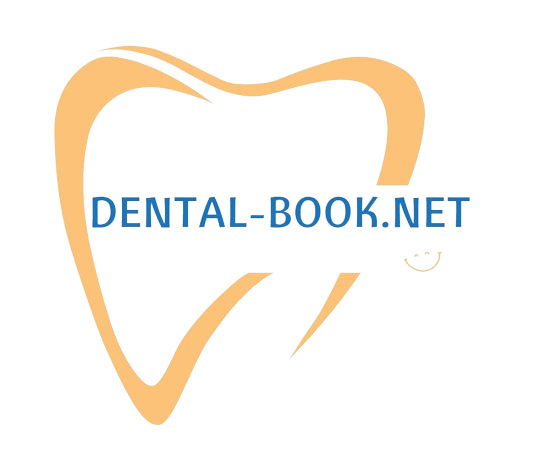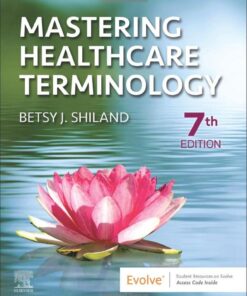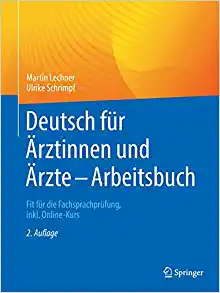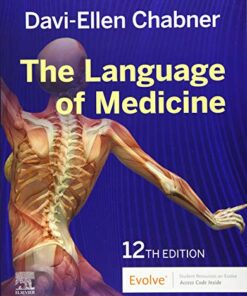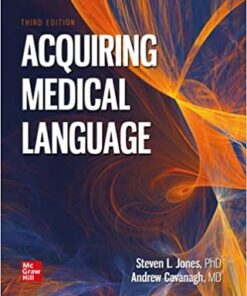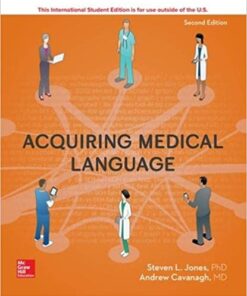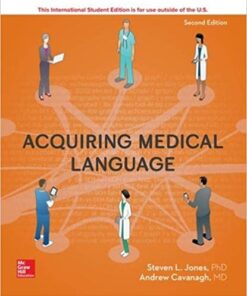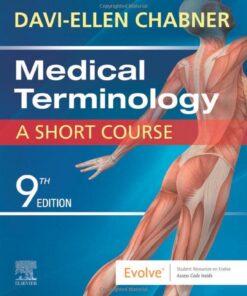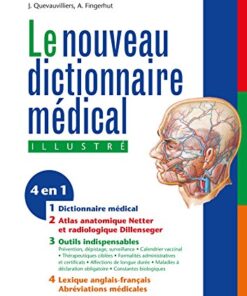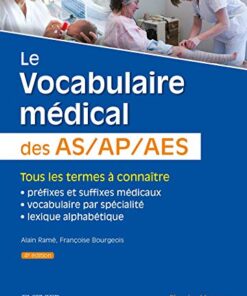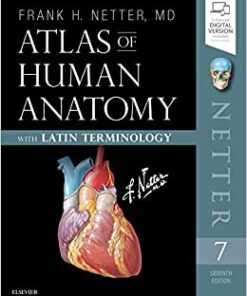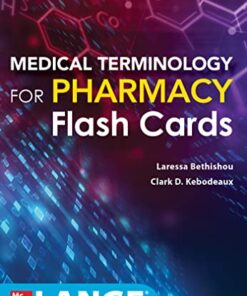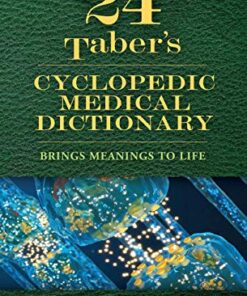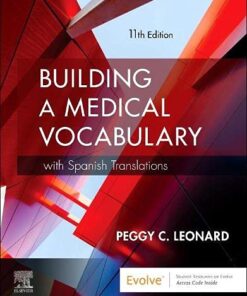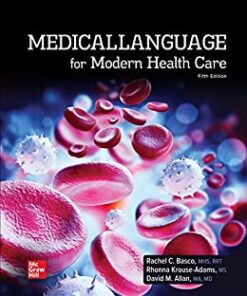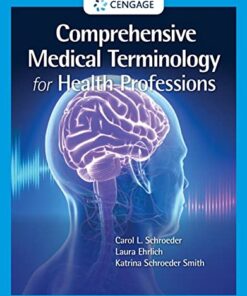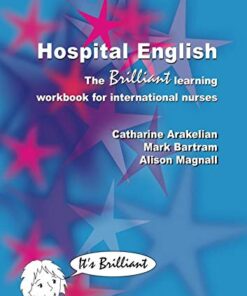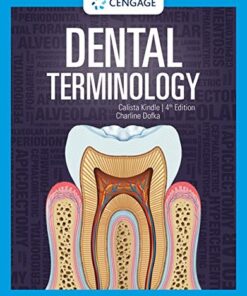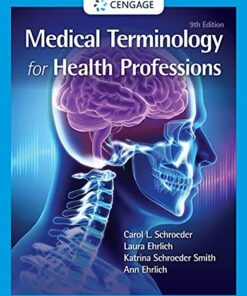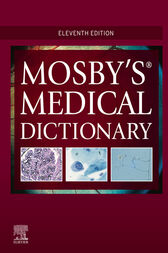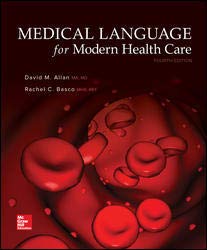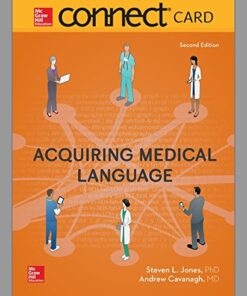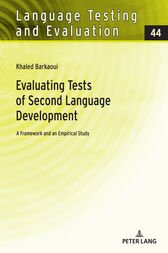Discover the Benefits of Medical Dictionary & Terminology Books
Are you looking for a comprehensive resource to help you understand medical terminology? Look no further than medical dictionary and terminology books! These books provide an invaluable resource for medical professionals, students, and anyone else interested in learning more about medical terms. With clear definitions and detailed explanations, these books can help you quickly and easily understand complex medical concepts. Plus, they are a great way to stay up-to-date on the latest medical terminology. If you’re ready to start exploring the world of medical terminology, check out Medical Dictionary & Terminology Books. This website offers a wide selection of medical dictionary and terminology books, so you can find the perfect book for your needs. Whether you’re a student studying for exams or a professional looking to brush up on your knowledge, DentalBooks.net has the resources you need. Start browsing today and discover the benefits of medical dictionary and terminology books!
Medical Dictionary & Terminology Books
Mastering Healthcare Terminology, 7th Edition (Original PDF from Publisher)
Medical Dictionary & Terminology Books
Medical Dictionary & Terminology Books
Medical Terminology: Active Learning Through Case Studies (Original PDF from Publisher)
Medical Dictionary & Terminology Books
The Language of Medicine, 12th Edition (Original PDF from Publisher)
Medical Dictionary & Terminology Books
Acquiring Medical Language, 3rd Edition (Original PDF from Publisher)
Medical Dictionary & Terminology Books
Medical Dictionary & Terminology Books
Acquiring Medical Language, 2nd Edition (Original PDF from Publisher)
Medical Dictionary & Terminology Books
Medical Dictionary & Terminology Books
Medical Dictionary & Terminology Books
Medical Terminology: Active Learning Through Case Studies (EPUB + Converted PDF)
Medical Dictionary & Terminology Books
Medical Terminology: A Short Course, 9th Edition (Original PDF from Publisher)
Medical Dictionary & Terminology Books
Medical Dictionary & Terminology Books
Medical Dictionary & Terminology Books
Medical Dictionary & Terminology Books
Medical Dictionary & Terminology Books
Medical Terminology for Pharmacy Flash Cards (Original PDF from Publisher)
Medical Dictionary & Terminology Books
Healthcare Code Sets, Clinical Terminologies, and Classification Systems, 4th Edition (EPUB)
Medical Dictionary & Terminology Books
Taber’s Cyclopedic Medical Dictionary, 24th Edition (Original PDF from Publisher)
Medical Dictionary & Terminology Books
Building a Medical Vocabulary: with Spanish Translations, 11e (Original PDF from Publisher)
Medical Dictionary & Terminology Books
Medical Language for Modern Health Care, 5th Edition (Original PDF from Publisher)
Medical Dictionary & Terminology Books
Medical Dictionary & Terminology Books
Medical Dictionary & Terminology Books
Dental Terminology, 4th Edition (Original PDF from Publisher)
Medical Dictionary & Terminology Books
Medical Terminology for Health Professions, 9th Edition (Original PDF from Publisher)
Medical Dictionary & Terminology Books
Mosby’s Medical Dictionary (11th ed.) (Original PDF from Publisher)
Medical Dictionary & Terminology Books
Medical Dictionary & Terminology Books
Medical Terminology: Learning Through Practice (Original PDF from Publisher)
Medical Dictionary & Terminology Books
Medical Language for Modern Health Care, 4th Edition (Original PDF from Publisher)
Medical Dictionary & Terminology Books
Medical Dictionary & Terminology Books
Evaluating Tests of Second Language Development (Original PDF from Publisher)
Introduction
Medical dictionaries and terminology books are essential resources for healthcare professionals, students, and anyone interested in learning more about medical terms. These books provide comprehensive definitions of medical terms, as well as detailed explanations of medical concepts and procedures. They also include illustrations, diagrams, and other helpful visuals to aid in understanding complex medical topics. With a medical dictionary or terminology book, you can quickly look up unfamiliar words and gain a better understanding of the medical field.
Overview of Medical Dictionary & Terminology Books: A Guide to Understanding Medical Language
Medical Dictionary & Terminology Books: A Guide to Understanding Medical Language is an invaluable resource for anyone looking to gain a better understanding of medical terminology. This comprehensive guide provides readers with an overview of the various terms used in the medical field, as well as explanations of their meanings and usage.
The book begins by introducing readers to the basics of medical language, including common prefixes, suffixes, and root words. It then moves on to discuss the different types of medical dictionaries available, such as those focusing on anatomy, physiology, pharmacology, and pathology. The book also covers the use of abbreviations and acronyms in medical language, as well as how to interpret medical reports and documents.
In addition to providing an overview of medical language, this book also offers helpful tips and strategies for mastering it. It includes advice on how to remember medical terms, as well as how to use them correctly in conversation and writing. It also provides guidance on how to use medical dictionaries and other reference materials to look up unfamiliar terms.
This book is an essential resource for anyone interested in learning more about medical language. It is written in an easy-to-understand style and provides readers with a comprehensive overview of the subject. Whether you are a student, healthcare professional, or just someone who wants to understand medical terminology better, this book is sure to be a valuable asset.
Commonly Used Medical Terms and Abbreviations in Medical Dictionaries
Medical dictionaries are essential tools for medical professionals, students, and laypeople alike. They provide definitions of medical terms and abbreviations that are used in the field of medicine. These terms and abbreviations can be confusing to those who are not familiar with them, so having a comprehensive medical dictionary is invaluable.
Common medical terms and abbreviations are used to describe diseases, treatments, medications, anatomy, physiology, and other aspects of healthcare. Knowing these terms and abbreviations can help medical professionals communicate more effectively and accurately. It can also help patients understand their diagnosis and treatment plan better.
Some of the most commonly used medical terms and abbreviations include:
• Acute: A condition that develops quickly and has severe symptoms.
• Chronic: A condition that persists over a long period of time.
• Diagnosis: The process of determining the cause of a disease or condition.
• Treatment: The use of drugs, surgery, or other methods to manage a disease or condition.
• Medication: A drug or other substance used to treat a disease or condition.
• Anatomy: The study of the structure of the body.
• Physiology: The study of how the body works.
• Symptom: An indication of a disease or condition.
• Pathology: The study of the causes and effects of diseases.
• Surgery: A medical procedure involving cutting into the body.
• MRI: Magnetic resonance imaging, a type of imaging test used to diagnose diseases.
• CT scan: Computed tomography scan, a type of imaging test used to diagnose diseases.
• X-ray: A type of imaging test used to diagnose diseases.
• Lab test: A test performed in a laboratory to diagnose diseases.
• Prescription: A written order from a doctor for a medication or treatment.
• Prognosis: A prediction of the likely outcome of a disease or condition.
These are just some of the many medical terms and abbreviations used in medical dictionaries. Knowing these terms and abbreviations can help medical professionals communicate more effectively and accurately, as well as help patients understand their diagnosis and treatment plan better.
Exploring the Different Types of Medical Terminology Books
Medical terminology books are an invaluable resource for anyone interested in learning more about the language of medicine. These books provide a comprehensive overview of medical terms, their definitions, and how they are used in the medical field. They can be used by students, healthcare professionals, and even laypeople who want to better understand medical terminology.
Medical terminology books typically cover a wide range of topics, from anatomy and physiology to pharmacology and pathology. They often include detailed diagrams and illustrations to help readers visualize the concepts being discussed. Many books also include practice exercises and quizzes to help readers test their knowledge.
There are several different types of medical terminology books available. Some are designed for beginners, while others are geared toward more advanced learners. For those just starting out, introductory books may be the best option. These books provide a basic overview of medical terminology and its usage. Advanced books, on the other hand, may focus on specific areas of medicine or delve into more complex topics.
In addition to traditional textbooks, there are also online resources available for those looking to learn medical terminology. Online courses, tutorials, and videos can provide a great way to get up to speed quickly. There are also apps available that allow users to look up medical terms on the go.
No matter what type of medical terminology book you choose, it’s important to make sure it is up-to-date and accurate. The language of medicine is constantly evolving, so it’s important to stay informed. With the right book, you can gain a better understanding of medical terminology and its usage.
Benefits of Using Medical Dictionary & Terminology Books for Healthcare Professionals
Medical dictionaries and terminology books are essential tools for healthcare professionals. They provide a comprehensive source of medical terms, definitions, and abbreviations that can be used to accurately communicate with patients, colleagues, and other healthcare providers.
Medical dictionaries and terminology books are invaluable resources for healthcare professionals. They provide an extensive list of medical terms, definitions, and abbreviations that can be used to accurately communicate with patients, colleagues, and other healthcare providers. These books also provide detailed information on anatomy, physiology, pharmacology, pathology, and other medical topics. This allows healthcare professionals to quickly and accurately diagnose and treat patients.
Medical dictionaries and terminology books are also useful for medical students and those studying for medical exams. They provide a comprehensive source of medical terms, definitions, and abbreviations that can be used to study for exams and understand complex medical concepts.
Medical dictionaries and terminology books are also helpful for medical writers and editors. They provide a comprehensive source of medical terms, definitions, and abbreviations that can be used to accurately write and edit medical documents. This ensures that the documents are accurate and up-to-date.
Finally, medical dictionaries and terminology books are beneficial for healthcare administrators. They provide a comprehensive source of medical terms, definitions, and abbreviations that can be used to accurately track patient records, billing information, and other administrative tasks. This helps ensure that all healthcare processes are efficient and accurate.
In conclusion, medical dictionaries and terminology books are essential tools for healthcare professionals. They provide a comprehensive source of medical terms, definitions, and abbreviations that can be used to accurately communicate with patients, colleagues, and other healthcare providers. They are also useful for medical students, medical writers and editors, and healthcare administrators.
How to Choose the Right Medical Dictionary & Terminology Book for Your Needs
When it comes to medical terminology, having the right dictionary and terminology book is essential. Whether you are a student studying for an exam or a professional looking to stay up-to-date on the latest medical terms, choosing the right book can make all the difference. Here are some tips to help you choose the right medical dictionary and terminology book for your needs.
First, consider the scope of the book. Different books cover different topics, so make sure the book you choose covers the topics you need. If you’re a student, look for a book that covers the material you’ll be tested on. If you’re a professional, look for a book that covers the latest developments in the field.
Second, consider the format of the book. Some books are printed, while others are available as e-books or apps. Printed books are great for studying, but they can be bulky and expensive. E-books and apps are more convenient and often less expensive, but they may not have as much detail as a printed book.
Third, consider the level of detail. Some books provide basic definitions, while others provide detailed explanations and examples. If you’re a student, look for a book that provides enough detail to help you understand the material. If you’re a professional, look for a book that provides enough detail to keep you up-to-date on the latest developments.
Finally, consider the price. Medical dictionaries and terminology books can range from inexpensive to very expensive. Consider your budget and look for a book that fits within it.
Choosing the right medical dictionary and terminology book can be a challenge, but with these tips, you can find the perfect book for your needs. With the right book, you can stay up-to-date on the latest medical terms and ensure you have the knowledge you need to succeed.
